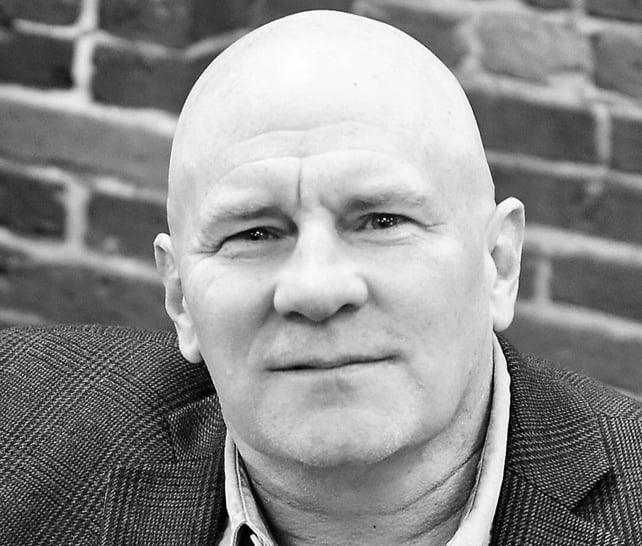There is a mentoring gap in business today. This gap was highlighted in a Stanford University study cited by the Institute of Organization Development that found:
“Another critical area of development for CEOs was mentoring skills––developing internal talent.”
Another critical area?
This just may be your most important role a leader––mentoring, teaching and developing the talents and skills of the people you serve.
The problem is not isolated to CEOs. Leaders at every level are either hesitant to mentor and develop the people under them, or they don’t know how. The flip side is that aspiring leaders are too often hesitant to ask for help or seek out a mentor––or they don’t know how!
Let’s start at the top …
Why are some leaders so miserly about mentoring? Sometimes it’s about fear.
Surveys and studies show that people are very often hesitant to mentor and train someone who might in fact replace them. This attitude has a crippling effect on the growth and development of the organization as well as the growth of each individual.
Power is your ability to act and perform effectively. As a leader, your power only expands through sharing. If you want to build a powerful organization, you’ve got to develop powerful people and this means mentoring––developing the talents, skills and potential of the people you serve.
Now let’s look from the bottom up …
Why might an aspiring leader hesitate to ask for help? Once again––fear.
When you’re moving up the ladder, you don’t want to appear weak or incompetent. You don’t want your supervisors to think you can’t handle your business.
Remember that the people you look up to had help along the way too. The best leaders were those people who sought out the help, advice and mentorship of others successful in their domain.
Look behind a great leader and you’ll find a strong relationship with a mentor.
Back to the top …
There is nothing more inspiring to your followers than your commitment to helping them become more powerful.
The most effective Sensei is one who measures his success when others surpass his skills. This attitude serves business leaders just as well. As a Sensei, my job is to develop the people I serve to their greatest potential. Sometimes, hopefully, that means training them to be better than me.
When my student surpasses my skills, that’s not a threat! That’s my job!
Some years ago I noticed something very interesting happening. I never asked for it––this just happened organically––
Before my students became Black Belts, they addressed me as “Sensei.” As they achieved Black Belt, and later, as I recognized some of them for equaling or even surpassing my abilities and skills, these students started calling me “Master.”
As I elevated the student––the student elevated me.
As the student excels, my role can shift from simply teaching technique to mentoring and coaching that student to even higher levels of performance. This mindset works just as well in business!
If you want to grow and develop as a leader and if you want to find new, exciting and ever expanding ways to apply your own developing talents and abilities, you must mentor and develop people to assume some of the roles and duties you have today. As you elevate the people you serve––they elevate you.
That’s how you build a powerful organization!
Watch out for the mentoring gap


Jim Bouchard
Armstrong Speakers
Jim Bouchard
Armstrong Speakers
Jim inspires leaders to KEEP IT HUMAN!© by building trust and connection. He empowers them to foster cultures where teams thrive together, unlocking real success and resilience for the Future of Work.
He’s the author of 8 leadership books, and hosts Walking The Walk, a podcast highlighting compassionate, engaged leaders from all areas of business, diverse cultures and experiences. ...
An in-demand keynote speaker, Jim is dynamic and authentic. His programs are an inspirational and interactive exploration into the importance of human-centric leadership.
“People perform at their best when––and only when––they know their leaders care…” That’s the heart of THE KEEP IT HUMAN© MOVEMENT. Developing leaders who care––who put people first. These aren’t soft skills. They’re hard assets. When your people succeed – YOU succeed.”
To bring Jim to your organization or event, visit www.armstrongspeakers.com , email alex@armstrongspeakers.com, or call 207.751.4317.
Our daily newsletter
Stay informed on the latest in credit union news and community.
Recommended for you

Is your culture blocking your organizational health—and growth?




